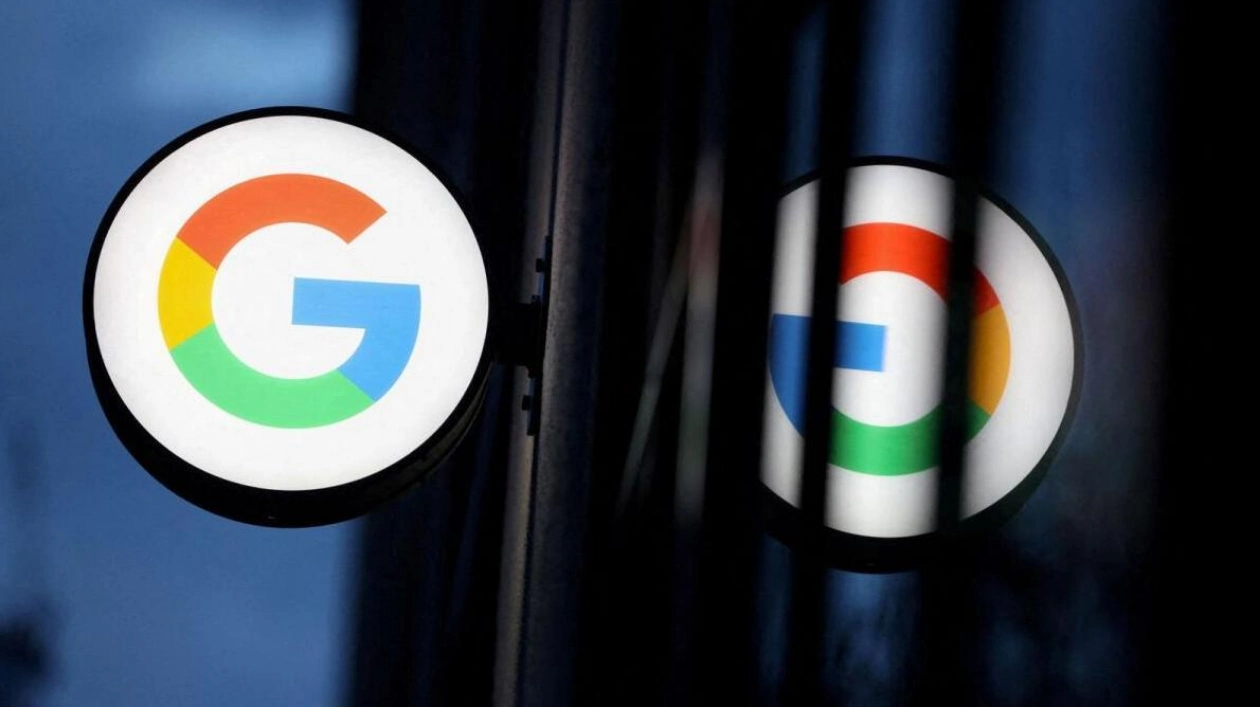In August, the market values of major tech companies experienced declines due to worries about increasing costs for artificial intelligence infrastructure and the heightened risk of a recession, which could make these stocks particularly susceptible to market corrections.
Alphabet Inc's market value decreased by 4.7% last month, driven by a slowdown in YouTube's advertising sales, which raised concerns about its earnings. Additionally, a U.S. judge ruled that Google had breached antitrust laws, and new competition from OpenAI, which is developing an AI-based search engine prototype, further impacted its share value.
Amazon.com Inc saw a 4.5% drop in its market value, influenced by a decline in online sales. Tesla's market capitalization fell by 7.7% in the same period, following weaker Q2 earnings and news that Canada planned to impose a 100% tariff on Chinese-made electric vehicles. This raised concerns about the profitability of exporting from its higher-cost U.S. production base.
Meanwhile, Nvidia's market value dropped by 7.7% to $2.92 trillion in the last week of August, after it forecasted third-quarter gross margins below market expectations and reported revenues that met, but did not exceed, expectations, disappointing investors.
On a positive note, US drugmaker Eli Lilly's market value surged nearly 20%, leading market gainers, propelled by strong sales and the launch of a weight-loss drug that significantly reduces the risk of developing type 2 diabetes in overweight adults. Berkshire Hathaway's market value surpassed $1 trillion for the first time at the end of August, reflecting investor confidence in the conglomerate built by Warren Buffett over nearly six decades.
Meta's market value rose nearly 10% after it exceeded market expectations for its second-quarter revenues and forecasted strong revenue growth for the July-September quarter, suggesting that robust digital ad spending on its platforms could offset the costs of its AI investments.






